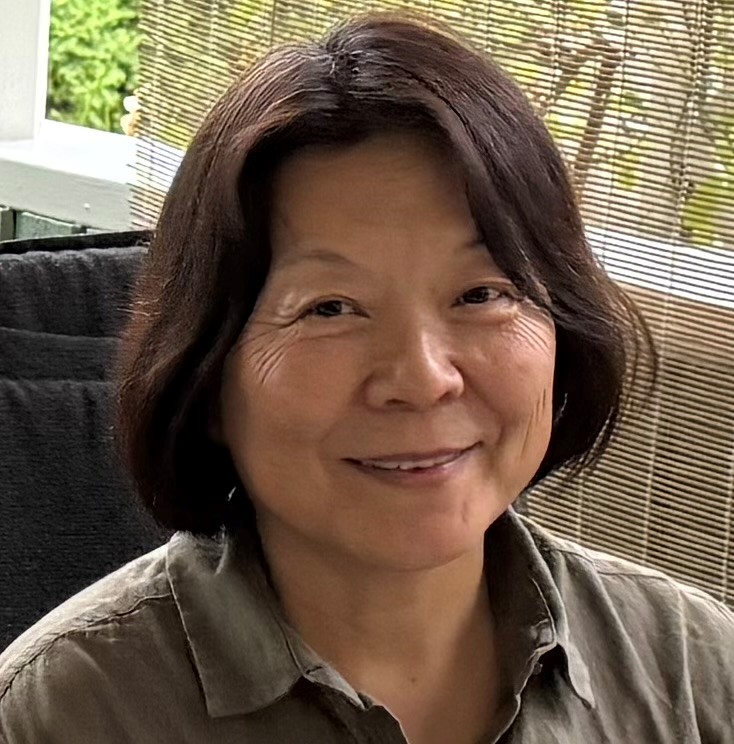KTH Royal Institute of Technology
Surface Integrity of Recycled Alminium Alloys in Electrifying Heavy-Duty Vehicles
Industrial project
Open
Research question
Al alloy recycling requires only 5% of the energy compared to the primary alloy production, hence greatly reduces the CO2 footprint. Recycled Al alloys (light metal) is increasingly used in vehicles for a more energy-efficient and sustainable transport system with lower carbon emission. However, for recycled Al alloys, the questions about the surface integrity and corrosion resistance make it uncertain regarding the lifetime of the components of vehicles, because the effect of corrosive road environments has not been well investigated, and the influence of residual elements (e.g., Cu, Fe) is not fully understood. A higher content of residual elements accumulated in recycled alloys could negatively impact the corrosion resistance. Therefore, there is an urgent need for a deep understanding of the surface integrity of recycled Al alloys in relevant corrosive environments. Al alloys contain multiple alloying elements and possess heterogeneous microstructure including different types of precipitate intermetallic particles. Corrosion processes involve chemical and electrochemical interactions between the metals and the corrosive species in the exposure environment. The corrosion resistance of the Al alloys depends on the formation and stability of a protective oxide film on the surface of the alloys. The heterogeneous microstructure of the Al alloys gives rise to the scientific questions: how to gain spatially-resolved information of the composition and structure of a thin surface oxide film formed on the Al alloys? how to detect, in real time, their changes due to exposure in the corrosive solutions? and, how to determine the effect of major residual elements on the corrosion resistance of the Al alloys?
In this project, we aim to answer these questions by detailed in-situ and operando surface analyses of selected recycled cast Al alloys by utilizing world-class synchrotron techniques, in combination with electrochemical measurements as well as microscopic and spectroscopic chemical analyses.
Sustainability aspects
In the development of future components for electrifying heavy-duty vehicles and to minimise the climate and environmental impacts from life cycle and sustainability perspectives, it is utmost important to increase the use of recycled cast Al-alloys with a low carbon footprint, light weight and efficient manufacturing cost. However, the residual elements in recycled Al-alloys can affect the corrosion properties negatively and it is crucial to ensure the material’s surface integrity and maintain an acceptable corrosion resistance in road environments. A comprehensive understanding of the environmental effects on the surface integrity, limitations and risk factors regarding the corrosion initiation is an important prerequisite to safely introduce recycled Al alloys to new components.
The new knowledge gained from the project about the effects of alloying and impurity elements in the recycled cast Al alloys on the corrosion resistance will provide guidelines for optimization of the resilience of the recycled Al alloys and thus the longer lifetime of the components. The project will lead to increased use of recycled cast Al alloys with a low carbon footprint to replace primary Al alloys, which significantly reduces the carbon footprint of electrified heavy-duty vehicles in terms of manufacturing life cycle and emissions during use. This will contribute to the long-term goal of reducing the emission by 70% by 2030 and reaching zero emissions goal in Sweden by 2045. Efficient reuse and recycling Al materials in development of electrifying heavy-duty vehicles is one of urgent action to combat climate change and its impacts. Therefore, this project relates in good accordance with UN Sustainable Development Goals (SDGs) 3, 12 and 13 from a materials science perspective.

Scania AB
Baohua Zhu
Senior development engineer Material Technology
Baohua.zhu@scania.com

KTH Royal Institute of Technology
Jinshan Pan
Professor
jinshanp@kth.se
Explore projects under the WISE program
WISE drives the development of future materials science at the international forefront. The research should lead to the development of sustainable and efficient materials to solve some of today's major challenges, primary sustainability. On this page you can read more about our research projects.
Explore projects